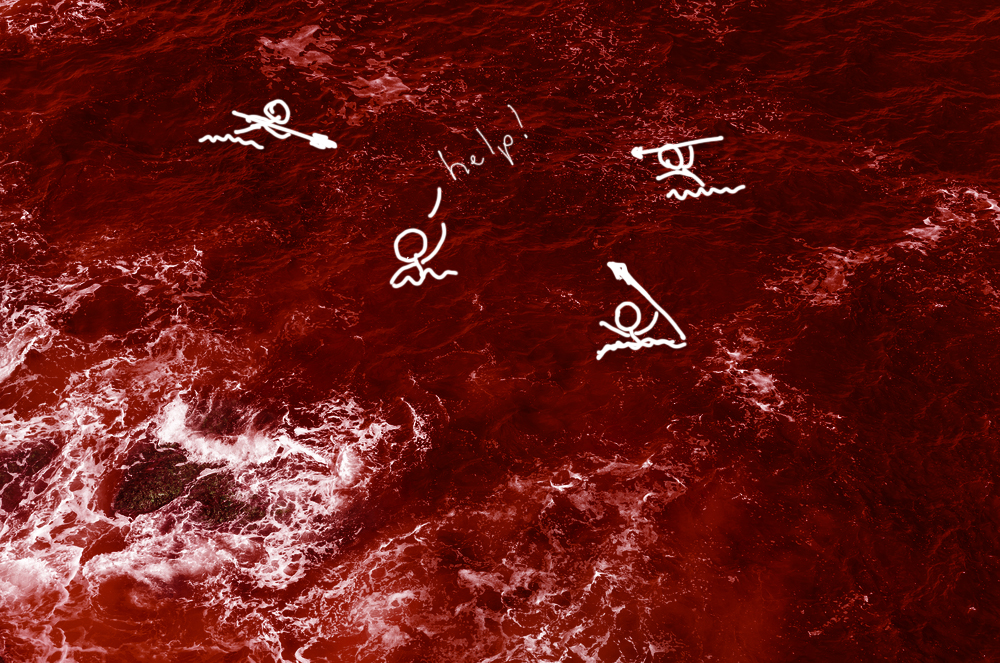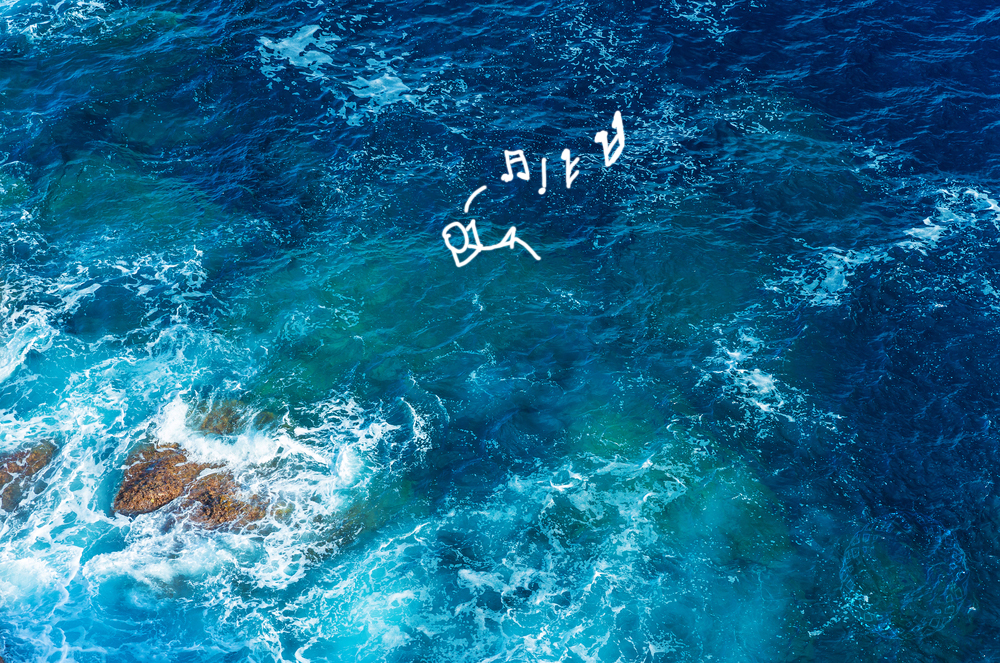Why it matters?
October 25th, 2017 | Strategy

Imagine the market that you are in is a piece of ocean territory that you are fighting in, and that within in, as per most industries / markets, it is filled with competitors, that are all out to fight for the same customers, and if they can help it, drive you out of business.
Now imagine, if there is a market, there is absolutely untouched, customers are starving for your products and services, and when you arrived, you are the only one in that market that is able to satisfy these unfulfilled needs.
Which one would you prefer to be in?
Easy answer isn’t it?
And this is the difference between being in a Red Ocean and Blue Ocean – the terms that were derive from the incredible book by W.Chan Kim and Renée Mauborgne: Blue Ocean Strategy.
In the Blue Ocean Strategy book, they introduced the concept of “Red Oceans” and “Blue Oceans”that marks the difference between existing markets and new markets. In it, they quoted examples of how the Cirque du Soleil revolutionize what circus should and can be, by leaving a dying tradition, removing the animals acts, and infusing modern dance music and arts into a theatrical phenomenon.
The concept is sound. As the famous saying goes, “If you ask a horse carriage customer, what would they want, they would say a faster horse”. And this is the dilemma facing all business owners and directors when they trying to forge ahead for their business. By asking the wrong questions, albeit an innocent logical one, the answer will lead the organisation down the path of pain and difficult competition.
Although the book did not really mention any form of “tool” or “strategy”, despite the book is called “blue ocean strategy”. What the book mainly did, is to educate the public about the existence of the 2 oceans, and quoting examples of how such discovery of blue oceans, changes not just the fate of the company/organisation, but changes the world. Which is why “Blue Ocean Shift” is so exciting: because after the success of Blue Ocean Strategy, the authors went on to research and study how companies and organisations find and succeed to discover their blue ocean – and finally came up with the tools for everyone to be Blue Ocean Strategist.
However, the very enlightenment of the existence of Blue Ocean Strategy had drastically changed a lot of how the world find better solutions to problems and its had done tremendous good despite the lack of a tool set and guide to creating/finding the Blue Oceans.

If you are interested to know more about Blue Ocean Strategy and how to do the “Shift” to Blue Ocean, stay tune on Joji.co , as we continue our journey to explore Blue Ocean Shift as well as other strategy related research that we are studying on.

Leave a Reply